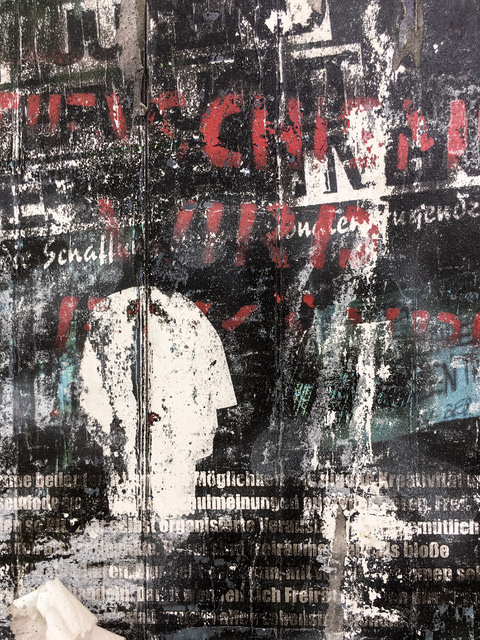Narrative Cultures Working Group
The Narrative Cultures Working Group is a platform for dialogue, cooperation, and networking among scholars in the fields of (European) Ethnology, Folklore Studies and Cultural Anthropology, with a special interest in the broad field of narrative studies. The Working Group warmly welcomes young scholars/early career researchers, and encourages dialogue with colleagues from ISFNR, AFS, and other working groups in the field.
The study of narrative has expanded far beyond the fundamental idea of homo narrans to include alternative communicative forms such as the non-verbal (visual storytelling, hybrid forms like exhibitions, rituals, dance, music, and so forth). It is crucial to consider the relationship between deep structure (narrative) and surface structure (narration), between “narrative ontologies” and “grand narratives”, as well as the diverse social, community, and media contexts in which collectively meaningful exchanges take place.
The NCWG aims to encourage and develop interdisciplinary and international work, supporting comparative study and acknowledging that different scientific discourses (including those of the natural sciences) have specific narrative forms. Through the lenses of position, subjectivity and intersubjectivity, authority and power, we highlight the “problematic”, “hidden”, “marginal”, and “untellable”. By looking at relationships, transformations, and popularization, we draw attention to processes of cultural hybridization, transculturalization and transmediality.
Themes include:
- Narrative as a way of creating, approaching, and interpreting the world around us
- narrative concepts of knowledge (e.g., storytelling in the sciences, or in the transmission of skills)
- Use of narrative concepts in our (field-)work and research communications
- Space in and of narratives
- The social life of narratives – contexts, communities, social behaviour, values, social negotiation
- Emotions, senses, and sensualities in narrative contexts
- Tacit and hidden narratives – silencing, forgetting, and untellability
- counternarratives
- Cultural, social, present, and historical meaning
- Narratives and storytelling in political, economic, and religious contexts
- Creating and fostering communities and civil society through narrative
- Re-visioning collecting and collections
- Technological impacts on narrative cultures
- Theorizing narratives in a comprehensive way
- Developing and refining methodological approaches
- Multiple forms, including the everyday, biographical narratives, contemporary legends, rumours, utopian and dystopian fiction, love stories, etc.
- Definitions and characterizations of “narrative” (especially in view of its inflationary use) and of its relationships with other concepts
The working group aims to foster scholarly exchange through meetings, workshops, and labs (e.g., on theories and methods), conference panels and publications.
SIEF members who wish to join the working group are welcome to contact Helmut Groschwitz at ncwg(at)siefhome.org.
Board
Sebastian Dümling (chair), sebastian.duemling(at)uni-wuerzburg.de
Aleida Betran (co-chair), aleida.bertran(at)gmail.com
Marina Jaciuk, marina.jaciuk(at)web.de
Helmut Groschwitz, helmut.groschwitz(at)web.de
Lubomír Sůva





